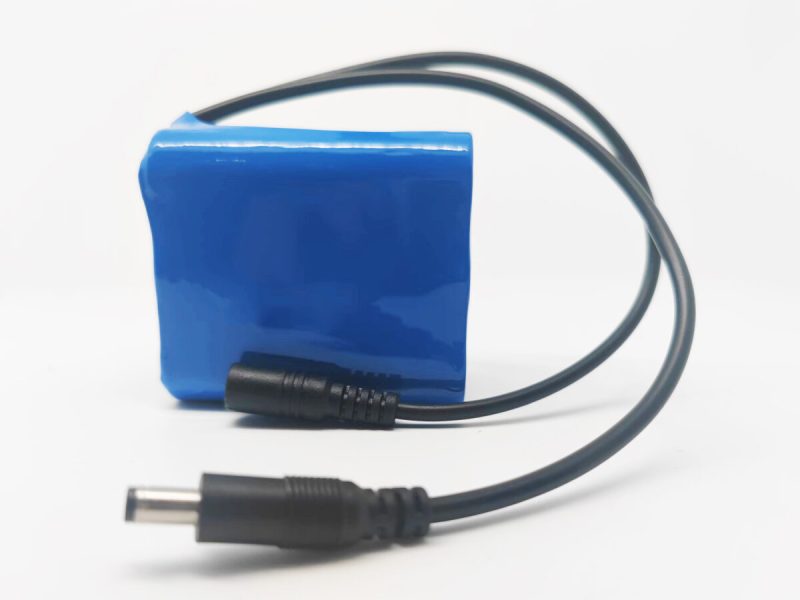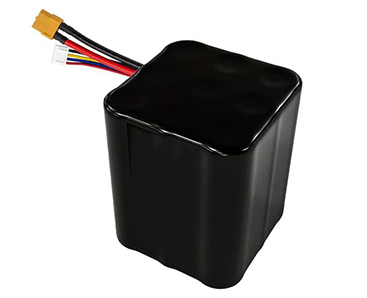Digital thermometers have become essential instruments for precise temperature measurement in healthcare, industrial applications, and everyday use. At the heart of these reliable devices are specialized batteries that power their accuracy and performance. Vade Battery’s premium lithium solutions deliver the extended reliability healthcare professionals and families depend on for consistent, accurate readings.
Types of Batteries Used in Digital Thermometers
Digital thermometers typically use one of three battery types, each with distinct advantages:
Lithium Batteries: Offer superior longevity with up to 500 hours of continuous operation and excellent stability even during extended storage periods. These premium power sources ensure consistent performance in critical medical applications.
Alkaline Batteries: Common in standard thermometers, providing 100-300 hours of reliable operation at a lower cost. These batteries offer good performance for occasional home use.
Button Cell Batteries: Compact power sources like CR2032 (3.0V) and LR41/SR41 (1.55V) that fit into slim thermometer designs. Most digital thermometers use these space-efficient batteries to maintain their portable form factor.
Battery Life and Performance Factors
The lifespan of digital thermometer batteries depends on several key considerations:
Usage Frequency: More frequent temperature measurements accelerate battery depletion. Professional healthcare settings typically require more robust battery solutions than home use thermometers.
Device Efficiency: Modern thermometers incorporate energy-saving features like automatic shut-off after 6-9 minutes of inactivity to maximize battery life.
Battery Quality: Premium lithium cells from specialized manufacturers like Vade Battery provide significantly longer operational life than standard alternatives, reducing replacement frequency and improving reliability.
Temperature Conditions: Extreme environments can reduce battery performance. Storing thermometers in cool, dry locations helps maintain optimal battery condition.
Signs Your Digital Thermometer Needs a Battery Replacement
Monitor these indicators to ensure your thermometer remains reliable:
Low Battery Indicators: Most quality thermometers display a battery symbol (often appearing as ” ” or “LOBAT”) in the corner of the screen when power is depleting.
Slow Response Time: Increasing measurement delays often indicate diminishing battery power.
Display Issues: Dim screens, flickering digits, or inconsistent readings suggest battery replacement is needed.
Erratic Readings: Unreliable measurements may indicate insufficient power to the temperature sensor.
Maximizing Battery Performance in Digital Thermometers
Implement these practices to extend battery life and ensure reliable operation:
Proper Storage: Store thermometers in cool, dry environments away from direct sunlight and extreme temperatures to prevent premature battery drain.
Turn Off After Use: Always power down the thermometer when not in use, or verify automatic shut-off functionality is working properly.
Correct Battery Installation: Ensure proper polarity alignment when replacing batteries to prevent power loss and potential device damage.
Quality Battery Selection: Invest in high-performance batteries from reputable manufacturers like Vade Battery to maximize device reliability and reduce frequent replacements.
Digital vs. Mercury Thermometers: The Battery Advantage
Modern digital thermometers offer significant benefits over outdated mercury alternatives:
Faster Readings: Digital thermometers powered by quality batteries provide accurate measurements in 30-60 seconds versus several minutes for mercury versions.
Enhanced Safety: Battery-operated digital thermometers eliminate the environmental and health hazards associated with mercury.
Additional Features: Digital models offer memory storage, fever alerts through color-coded backlights, and more precise measurements—all enabled by reliable battery technology.
The performance of your digital thermometer directly correlates with its power source quality. For healthcare professionals and families requiring consistent accuracy, investing in premium lithium batteries ensures reliable performance when temperature readings matter most.














